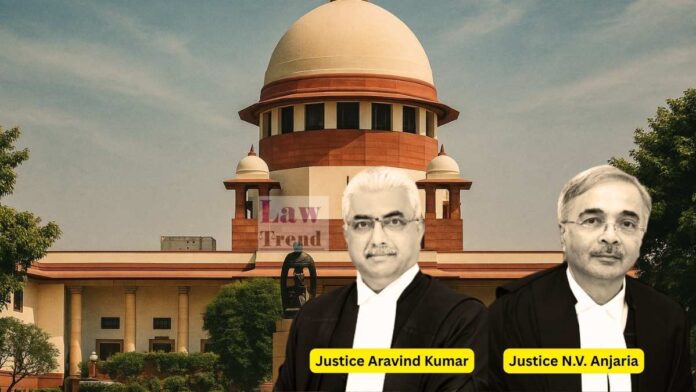The Supreme Court of India, in a significant ruling on procedural law in commercial disputes, has held that a defendant’s right to cross-examine the plaintiff’s witnesses is not taken away merely because a written statement was not filed within the statutory period. The Court also reiterated that the extension of limitation periods granted during the
To Read More Please Subscribe to VIP Membership for Unlimited Access to All the Articles, Download Available Copies of Judgments/Order, Acess to Central/State Bare Acts, Advertisement Free Content, Access to More than 4000 Legal Drafts( Readymade Editable Formats of Suits, Petitions, Writs, Legal Notices, Divorce Petitions, 138 Notices, Bail Applications etc.) in Hindi and English.




